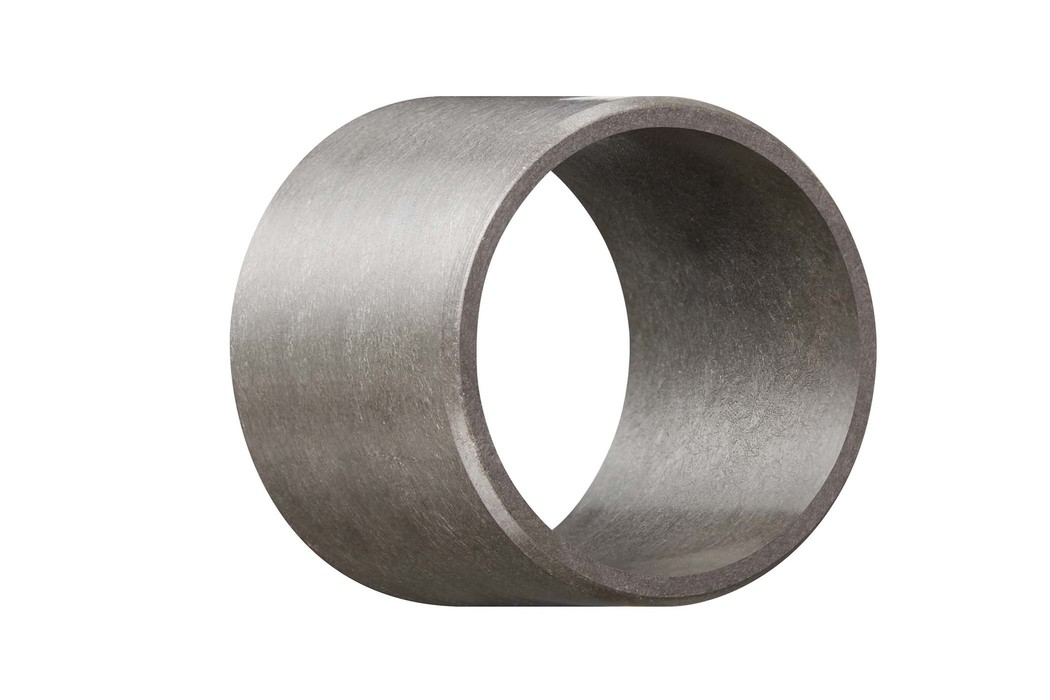Material Hub > Materialien
Materialien
-
Kategorie ThermoplasteEinsatztemperatur -200 – 80 °CDichte 0.96 g/cm³
-
Kategorie ThermoplasteEinsatztemperatur -200 – 80 °CDichte 0.96 g/cm³
-
Kategorie ThermoplasteEinsatztemperatur -200 – 80 °CDichte 0.95 g/cm³
-
Kategorie ThermoplasteEinsatztemperatur -200 – 80 °CDichte 0.95 g/cm³
-
Kategorie ThermoplasteEinsatztemperatur -200 – 80 °CDichte 0.94 g/cm³
-
Kategorie ThermoplasteEinsatztemperatur -100 – 80 °CDichte 0.96 g/cm³
-
Kategorie KunststoffeEinsatztemperatur -40 – 115 °CDichte 1.2 g/cm3
-
Kategorie KunststoffeEinsatztemperatur -100 – 80 °CDichte 0.95 g/cm3
-
Kategorie KunststoffeEinsatztemperatur -30 – 80 °CDichte 1.14 g/cm3
-
Kategorie KunststoffeEinsatztemperatur -30 – 80 °CDichte 1.14 g/cm3
-
Kategorie KunststoffeEinsatztemperatur -30 – 80 °CDichte 1.14 g/cm3
-
Kategorie KunststoffeEinsatztemperatur -30 – 80 °CDichte 1.14 g/cm3
-
Kategorie KunststoffeEinsatztemperatur -30 – 80 °CDichte 1.14 g/cm3
-
Kategorie KunststoffeEinsatztemperatur -40 – 115 °CDichte 1.2 g/cm3
-
Kategorie KunststoffeEinsatztemperatur -40 – 115 °CDichte 1.2 g/cm3
-
Kategorie KunststoffeEinsatztemperatur –Dichte –
-
Kategorie Austenitic stainless steelEinsatztemperatur –Dichte –
-
Kategorie Nickel based alloyEinsatztemperatur –Dichte –
-
Kategorie Titanium alloyEinsatztemperatur –Dichte –
-
Kategorie ThermoplasteEinsatztemperatur -40 – 130 °CDichte 1.46 g/cm³






